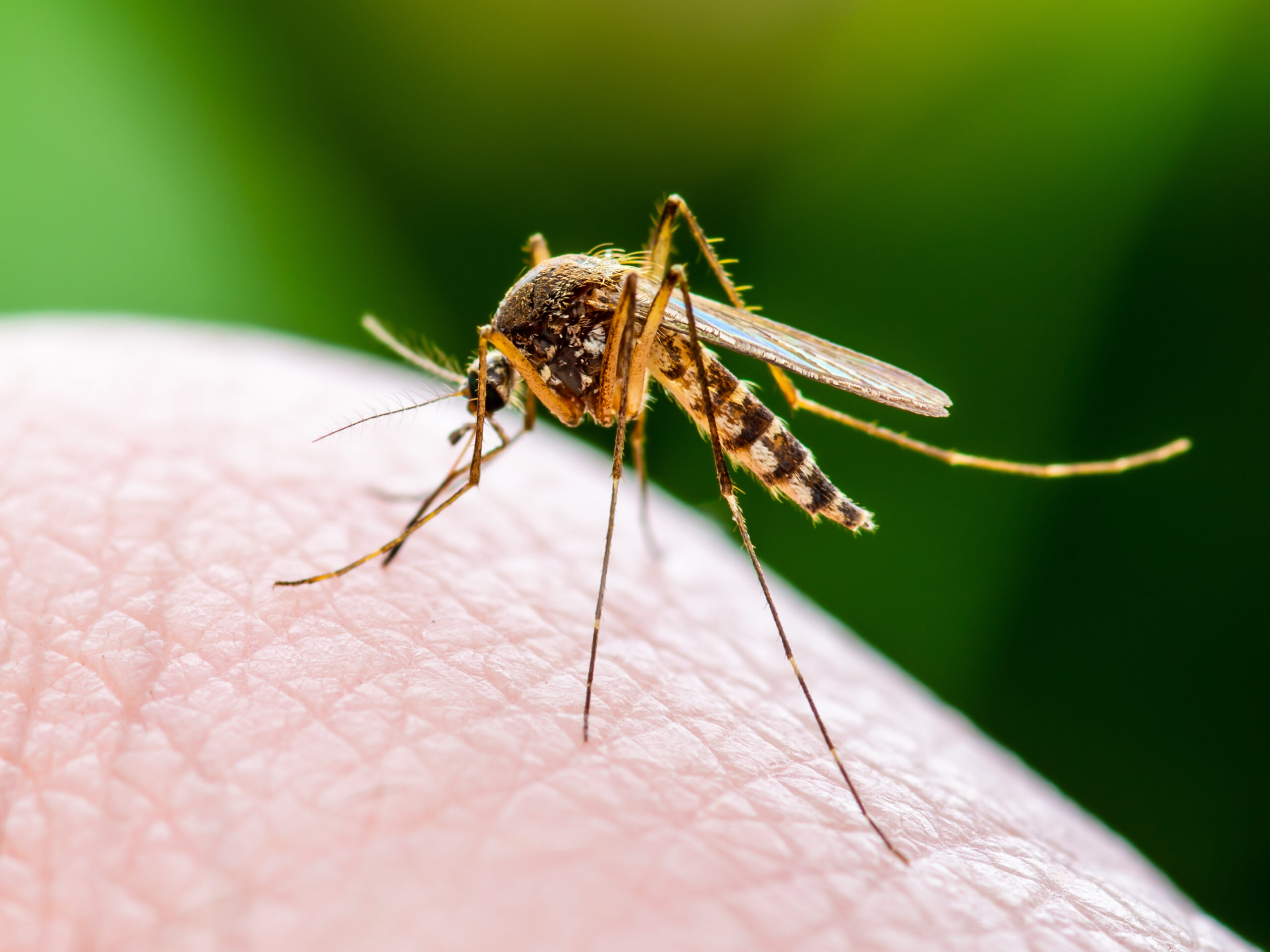
Although rare, the virus carried by mosquitoes is deadly; approximately 30% of infected individuals pass away, and many of the survivors continue to experience neurological issues.
Almost a dozen towns in Massachusetts are on high alert due to a rare but deadly disease that mosquitoes are spreading.

As a result, some towns have closed their parks after nightfall, limited outdoor activities, and rescheduled public events.
This month, health officials in Massachusetts verified that a man in his 80s, who had been exposed in Worcester County, west of Boston, was the first person in the state to contract the eastern equine encephalitis virus this year. Health officials announced on Saturday that ten areas have been classified as being at high or critical risk for the infection. Since mosquitoes are most active from dark to dawn, Plymouth, which is about 40 miles south of Boston, shuttered all public parks and fields during this time. Oxford, a nearby town, outlawed all outdoor activities on town land after six o’clock.
Robbie Goldstein, the commissioner of the state’s department of public health, stated in a statement that “we have not seen an outbreak of EEE in Massachusetts for four years.” Utilizing every resource at our disposal is vital in mitigating danger and safeguarding our localities. Each person is asked to contribute in some way.
The Centers for Disease Control and Prevention state that an infected mosquito bite is the primary vector of transmission of the virus that causes eastern equine encephalitis in horses. The virus is extremely rare, but when it does strike, roughly 30% of victims pass away and many more continue to have neurological issues.
As the mosquito season has extended nationwide, the virus outbreak in Massachusetts coincides with it, according to The Washington Post. In addition to driving up global temperatures, climate change has increased the frequency of “mosquito days,” or days with temperatures between 50 and 95 degrees and an average humidity of at least 42%, in more than two-thirds of the United States.
With the greatest rise in mosquito days, the Northeast has warmed more quickly than the rest of the nation. If we compare the average number of mosquito days in Massachusetts between 1980 and 2009, it has increased by 14.
Longer mosquito seasons may increase the chance of diseases like dengue and malaria, which are spread by the bloodsucking insects, breaking out, according to scientists.
In an effort to reduce the incidence of eastern equine encephalitis, Plymouth and Worcester counties in Massachusetts will be sprayed with mosquitoes between sunset and morning this week, according to health officials.
Mosquitoes harboring the EEE virus will be targeted via aerial spraying. Commissioner Ashley Randle of the Massachusetts Department of Agricultural Resources said in a statement that “even though these steps are critical for lowering the risk of transmission, it’s imperative for everyone to remain vigilant and follow personal protection guidelines to safeguard our community.”
In order to prevent mosquitoes, residents are advised to apply repellents, remove any standing water near their homes, cover up with clothing, and postpone outdoor activities during the hours of twilight and morning.
Fever, headaches, vomiting, diarrhea, convulsions, altered behavior, and sleepiness are some of the symptoms that an infected person may experience. Eastern equine encephalitis cannot be prevented by vaccination, and there is no known cure.
In Massachusetts, there were 12 incidences of the virus in humans in 2019.

Six persons lost their lives. According to the state health service, there were five human cases and one fatality in the following year.
The family of the person who contracted the virus this year and is still battling it in the hospital has been contacted by Jennifer M. Callahan, the town manager of Oxford, according to a note she sent out on Wednesday.
According to Callahan, the family “explained their loved one with EEE was the one person in the family who recounted through the years they never get bit by mosquitoes.” Nonetheless, he disclosed that he had been bitten recently just before he started to exhibit symptoms.
According to Callahan, “they want people to know that this is a very serious disease with terrible physical and emotional consequences, regardless of whether the person manages to live.”
https://youtu.be/Su5M6h2zQag?si=02dLLRyq2kWzK0vu













